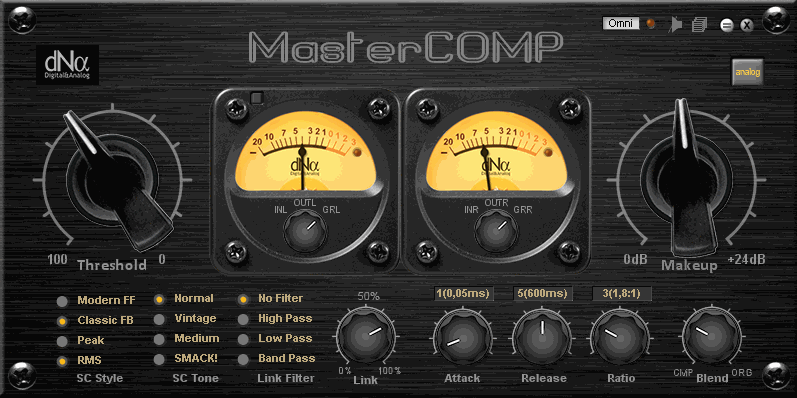|
||||||||||||||||||
|
It actually is a complex compressor combining a lot of different analog techniques in one processor. Sound-wise and learning-wise you may also be stubborn. Use your ears and if it sounds good then tape it. If it sounds fatiguing you are probably overdoing it so use less threshold. Try reading some articles on compression because it can be one of your most powerful tools for creating a fat and punchy sound or giving mixes some 'glue'. Dante: I believe you are also working on more devices for future release? Ray: Yes. This fall our mastering tools will be expanded by two neat DSP efficient tools for people using Scope only as an interface for DAW packages such as Cubase. We are also working on a very nice multi-fx processor, additional dNa style mixing compressor processors and a little update for MasterCOMP and StereoEqualiser owners and buyers. |
||||||||||||||||||
|
Dante and Ray July 2013 |
